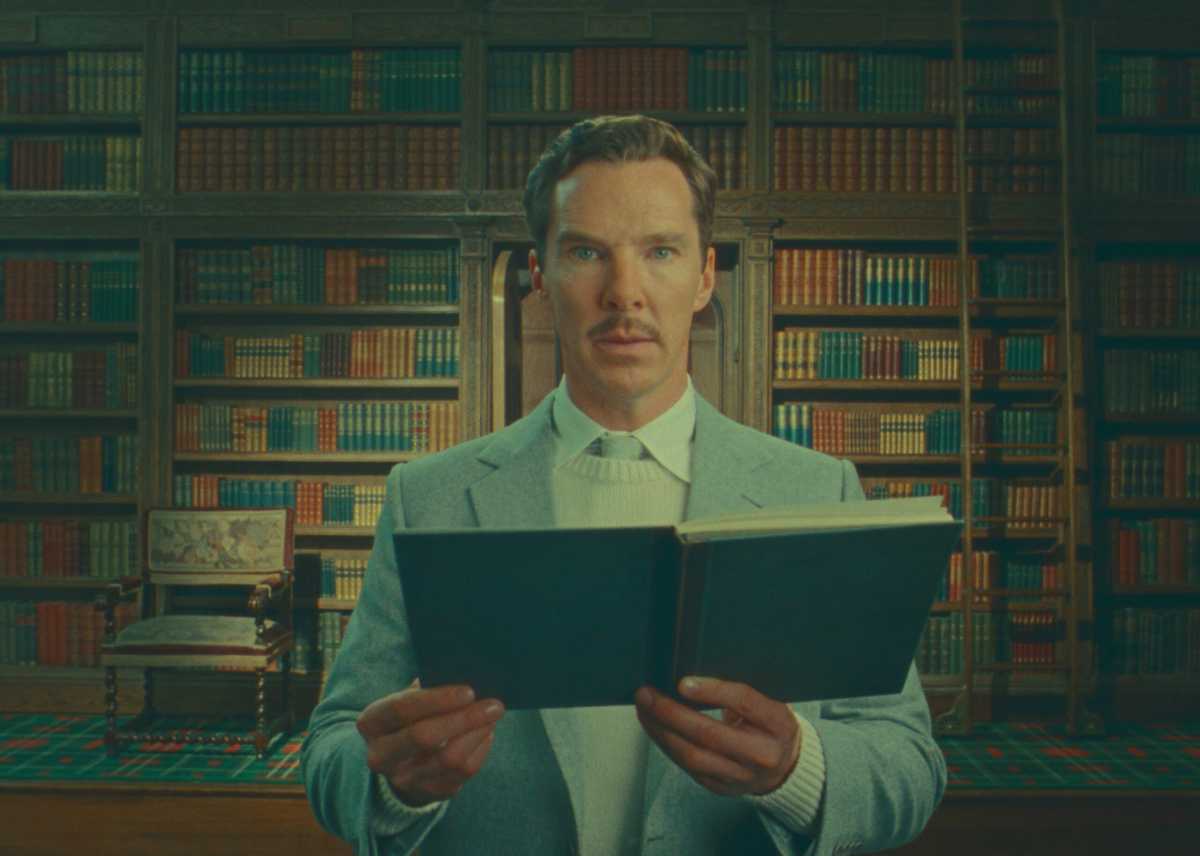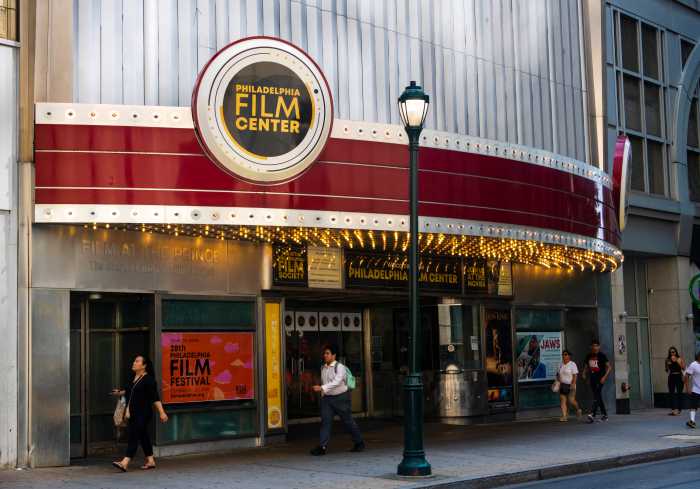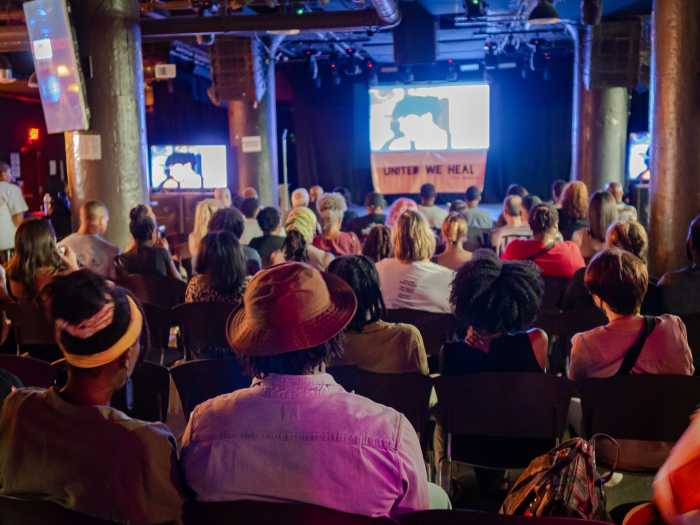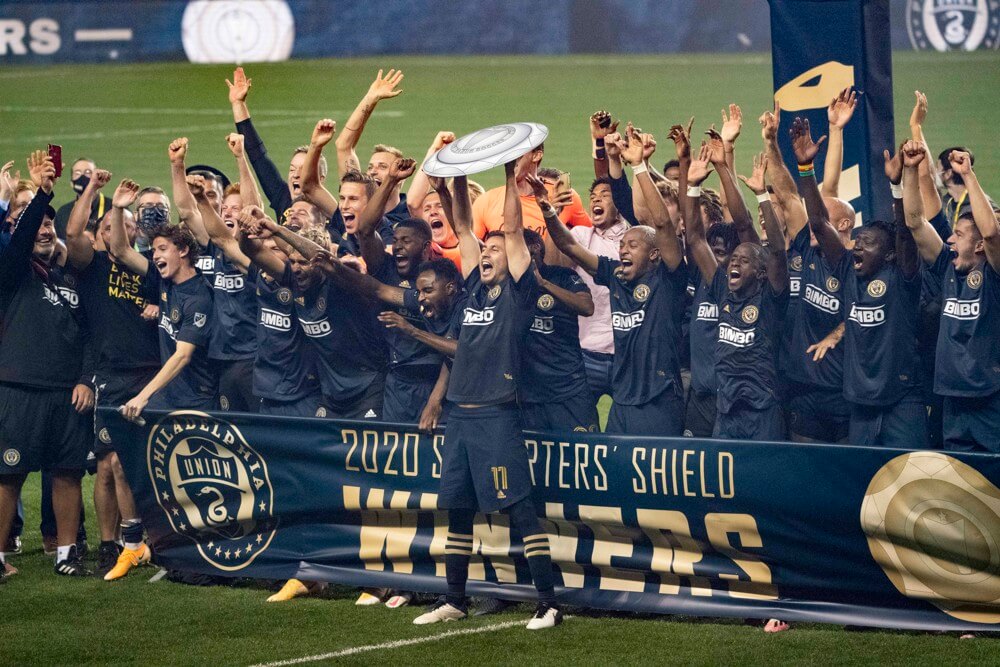By María Estévez, MWN
Fourteen years after bringing another Roald Dahl work, ‘Fantastic Mr. Fox,’ to life, Wes Anderson returns with another adaptation of the writer, or rather, four of them. Anderson has been thinking for two decades about adapting ‘Henry Sugar,’ a story that captivated him as a child. There was just one problem: the filmmaker struggled to figure out how to tell it without using Dahl’s magic words.
In February, Puffin Books, an imprint of Penguin Books, announced that it had edited Roald Dahl’s books in an effort to reflect more inclusive language. Titles such as ‘James and the Giant Peach,’ ‘Matilda,’ and ‘Charlie and the Chocolate Factory’ were modified by deleting words by the author that are now considered offensive.
‘The Wonderful Story of Henry Sugar’ arrives on Netflix alongside ‘The Swan,’ ‘The Rat Catcher,’ and ‘Venom.’ The short films will be released in an equally unique way—one film per day will hit the platform beginning on Sept. 27.
Each film stars a rotating cast of actors taking on multiple roles. You’ll find recent Anderson collaborators Ralph Fiennes (‘The Grand Budapest Hotel’) and Rupert Friend (‘Asteroid City’), as well as new partners Benedict Cumberbatch (‘The Power of the Dog’), Dev Patel (‘The Green Knight’), Richard Ayoade (‘The Mighty Boosh’), and Ben Kingsley (‘Hugo’).
Metro sat down with Anderson to learn more.
Why did you decide to make several short films based on Roald Dahl’s work?
I admire the author’s work, and I had a script that I wrote during the pandemic with three totally linear characters and nothing traditional because it’s very strange but simple. Definitely, for me, the important thing was the structure. I wanted to tell a story in this way: the characters play the scenes and at the same time describe them. The text of Dahl’s book makes up most of the script of the film.
What do you think of British publisher Penguin Books’ decision to hire “sensitive readers” to remove passages from Dahl’s canon that are not considered politically correct today?
I am probably the worst person to ask this question because I would say to you: ‘Should you be allowed to retouch one of Renoir’s paintings and modify it? In my opinion: No.’ It’s already done. Somebody decided that it should be corrected. I wouldn’t even want the artist to modify his work. I understand the motivation, but I am of a school that understands that when the work is finished, and the public participates, it no longer belongs to the artist. And, of course, someone who is not the author should not modify his books. He is dead.
Are you going to continue bringing Dahl’s works to film?
No. I think I’m done with him for a while. I have other authors in mind now because I’m preparing my next project. I have a few things in the pipeline, but nothing related to Dahl at the moment.
Why does this author inspire you so much?
I’m interested in both the content and the way Dahl tells the story. If I make a film using his words, and his descriptions, it may happen that I might know how to do it well. I am very grateful to his family for allowing me to adapt his stories. I was the one who proposed adapting four of Dahl’s stories in a bold and unpredictable way: with the cast reciting the author’s words directly to the audience as they performed them, and the parts come and go as in a play. I liked the idea, from the beginning, of having a small company reproduce the whole film.
Have you thought about how it will be received by the audience?
When you make a film, you can’t help but pay attention to how it’s received because you hope it will turn out well. All my films receive different reactions that, over time, have different lives. Some go their own way and some don’t.
Are you bothered by the attention your aesthetic is getting on social media?
No. I guess it’s part of a trend. I don’t use social networks, and I haven’t seen those videos. The film has a box structure. It’s a TV show about a play that tells how a group of characters gather in a tiny town where an asteroid has fallen to participate in a convention.
Is this your love letter to the cinema?
It is a love letter to cinema and theater, to the experience of sharing. The film is about the actors. I direct, but everything else is an improvisation of the emotions created by the actors and by Dahl. A big part of the film comes from the fact that I love being around actors.
































